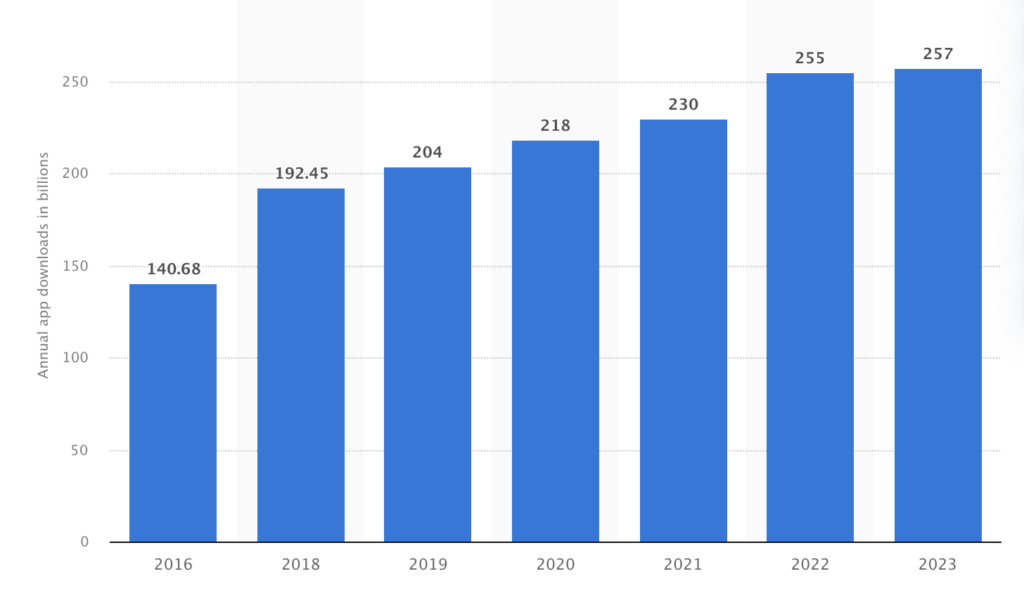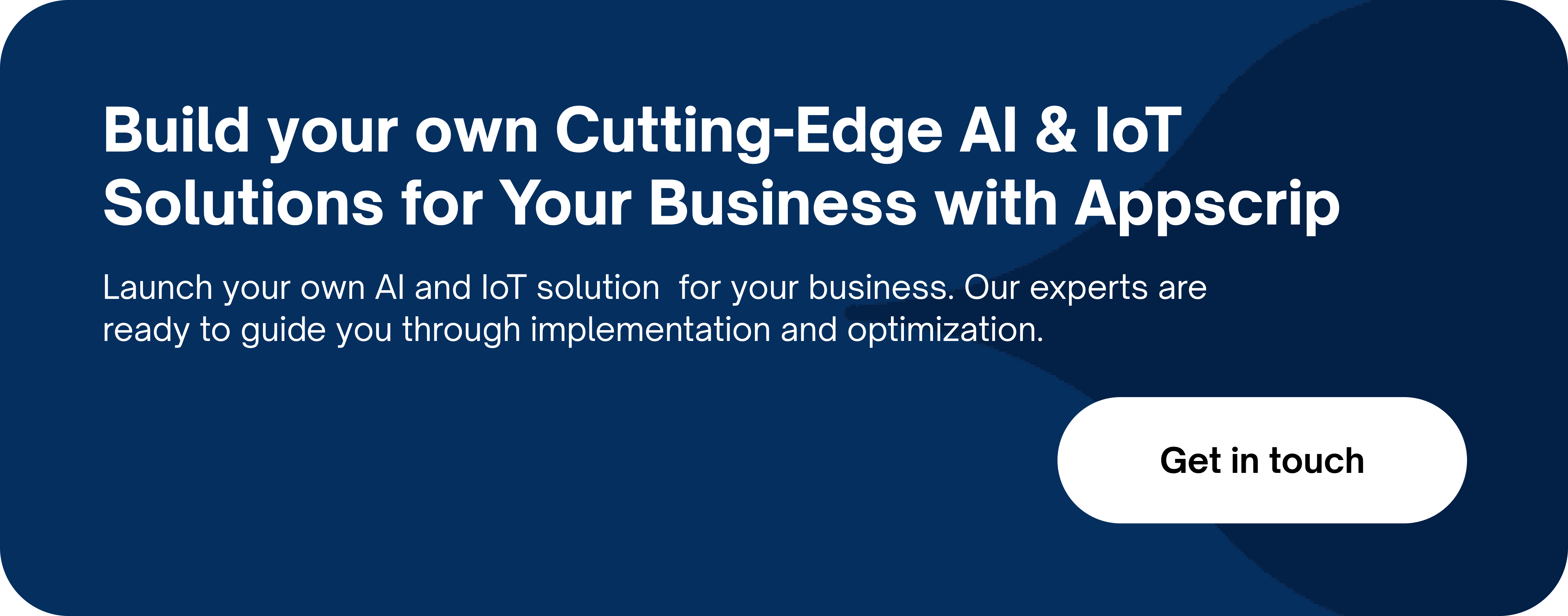The highly competitive mobile app market demands personalised experiences be accorded to users which will sooner or later turn out to be essential for success. With the advancement of artificial intelligence (AI), entrepreneurs, startups, and businesses have a powerful tool at their disposal to enhance user engagement and satisfaction.
Let’s delve into how AI is revolutionising personalisation in mobile apps and why it’s crucial for businesses to embrace this technology.
Personalisation in mobile apps with AI is more than just a buzzword; it’s a paradigm shift in how we engage with our users. By tailoring app experiences to individual preferences, behaviours, and needs, we can forge deeper connections and drive greater user satisfaction and loyalty.
Understanding Personalisation with AI
At its core, personalisation involves leveraging AI algorithms to analyse user data and deliver relevant content, recommendations, and interactions in real-time. This allows us to create dynamic, engaging experiences that resonate with each user on a personal level.
What is Personalisation?
Personalisation involves tailoring user experiences based on individual preferences, behavior, and demographics. It goes beyond generic content and seeks to offer users relevant recommendations, suggestions, and interactions.
Role of AI in Personalisation
AI plays a pivotal role in personalisation by analysing vast amounts of data to understand user preferences and behaviors. Machine learning algorithms, natural language processing, and predictive analytics enable apps to deliver customised experiences in real-time.
Benefits of Personalisation In Mobile Apps
Personalised mobile apps offer a plethora of benefits, including heightened user engagement, improved user satisfaction, and increased revenue opportunities. By delivering content and features that align with users’ interests and preferences, we can foster stronger relationships and drive business growth.
Enhanced User Engagement
Personalised mobile apps captivate users by providing content, products, or services that resonate with their interests and needs. This leads to higher levels of interaction, longer session durations, and increased app usage.
Improved User Satisfaction
By tailoring experiences to individual preferences, personalised mobile apps create a sense of relevance and connection for users. This fosters greater satisfaction, loyalty, and positive word-of-mouth referrals.
Increased Revenue Opportunities
Personalised recommendations and targeted marketing efforts drive higher conversion rates and customer lifetime value. Businesses can capitalise on cross-selling, upselling, and subscription models to maximise revenue from their mobile apps.
Implementing Personalisation with AI
Incorporating personalisation with AI into our app development process involves data collection and analysis, leveraging machine learning algorithms, and dynamically generating personalised content. By harnessing the power of AI, we can unlock new possibilities for creating tailored experiences that delight our users.
Data Collection and Analysis
Entrepreneurs and businesses must collect relevant user data ethically and transparently. AI-powered analytic tools help in extracting actionable insights from user interactions, enabling personalised recommendations and predictions.
Machine Learning Algorithms
Machine learning algorithms learn from user behavior over time to refine recommendations and predictions. Entrepreneurs can leverage pre-built AI models or develop custom algorithms tailored to their app’s specific needs.
Dynamic Content Generation
Dynamic content generation involves creating personalised messages, notifications, or product recommendations in real-time. AI algorithms analyse user data to deliver timely and contextually relevant content, driving user engagement and conversions.

Mobile app downloads worldwide from 2016 to 2023
Case Studies: Personalisation In Mobile Apps
Case Study 1: Personalised E-Commerce App
In the competitive landscape of e-commerce, providing personalised shopping experiences has become essential for businesses aiming to stand out and drive customer engagement. One such example is the e-commerce app “Shoppy,” leverages AI to offer tailored product recommendations to its users.
Overview:
Shoppy is an e-commerce platform that specialises in fashion and lifestyle products. With millions of products available on its platform, Shoppy recognised the need to enhance user experiences through personalised recommendations.
Implementation:
Shoppy implemented AI-driven recommendation algorithms that analyse user browsing history, purchase patterns, and demographic data to generate personalised product suggestions. These algorithms utilise machine learning techniques to continuously refine recommendations based on user interactions and feedback.
User Experience:
Upon logging into the Shoppy app, users are greeted with a personalised homepage showcasing curated product collections based on their preferences and past purchases. As users browse through product categories, they receive real-time recommendations tailored to their style preferences, sise, and budget.
Results:
By integrating AI-powered personalisation, Shoppy has seen significant improvements in user engagement and conversion rates. Users are more likely to discover products that resonate with their tastes, leading to increased purchase frequency and higher average order values. Additionally, Shoppy has experienced a reduction in cart abandonment rates as users find it easier to discover relevant products and complete transactions.
Case Study 2: Personalised Fitness App
In the health and fitness industry, personalisation is key to helping users achieve their fitness goals effectively. “FitnFine,” a popular fitness app, harnesses the power of AI to deliver personalised workout plans and nutrition recommendations tailored to each user’s individual needs.
Overview:
FitnFine is a mobile app designed to help users lead a healthier lifestyle by providing personalised fitness and nutrition guidance. With a diverse range of workout routines and meal plans, FitFlex aims to cater to users of all fitness levels and preferences.
Implementation:
FitnFine utilises AI algorithms to analyse user input, including fitness goals, current fitness level, dietary preferences, and medical history. Based on this information, the app generates customised workout plans and nutrition recommendations that align with the user’s objectives and constraints.
User Experience:
Upon creating an account on FitnFine, users are prompted to complete a detailed questionnaire that captures their fitness goals, exercise preferences, and dietary restrictions. Using this information, the app generates a personalised fitness plan comprising targeted workouts and recommended meal options. Users can track their progress, receive real-time feedback, and adjust their plans as needed.
Results:
The implementation of AI-driven personalisation has significantly enhanced the user experience on FitnFine. Users appreciate the tailored approach to fitness and nutrition, leading to higher engagement levels and improved adherence to workout routines. As a result, FitnFine has garnered positive reviews and gained traction among fitness enthusiasts seeking personalised guidance on their wellness journey.
Challenges and Considerations
While the potential of personalisation with AI is vast, we must also navigate challenges such as privacy and data security, as well as address concerns related to algorithm bias. It’s imperative that we approach these challenges with diligence and transparency to maintain user trust and confidence.
Privacy and Data Security
Entrepreneurs must prioritise user privacy and data security when implementing AI-driven personalisation. Clear consent mechanisms, robust encryption, and compliance with data protection regulations are essential to build trust with users.
Algorithm Bias
Algorithmic bias can lead to unfair or discriminatory outcomes in personalised recommendations. Businesses need to mitigate bias by regularly auditing algorithms, diversifying training data, and involving diverse teams in AI development.
Future Trends in Personalisation and AI
Looking ahead, the future of personalisation and AI holds exciting prospects, including hyper-personalisation and the integration of augmented reality (AR) and virtual reality (VR). By staying at the forefront of these trends, we can continue to innovate and deliver cutting-edge experiences to our users.
Hyper-Personalisation
Hyper-personalisation takes personalisation in mobile apps to the next level by delivering individualised experiences at scale. AI-driven technologies such as predictive modeling and contextual awareness enable hyper-personalised recommendations tailored to each user’s unique context and preferences.
Augmented Reality (AR) and Virtual Reality (VR)
AR and VR present exciting opportunities for personalised experiences in mobile apps. Entrepreneurs can leverage AI to analyse user interactions within virtual environments and deliver immersive, customised experiences in real-time.
Conclusion: Personalisation In Mobile Apps
The journey towards personalisation in mobile apps with AI represents a pivotal moment in app development evolution. By embracing this initiative wholeheartedly and working collaboratively, we can unlock new opportunities for growth and success in the dynamic world of app development.
In conclusion, personalisation with AI in mobile apps is reshaping the landscape of mobile app development, offering unprecedented opportunities for entrepreneurs, startups, and businesses. By understanding the principles of personalisation, harnessing the power of AI, and addressing challenges effectively, businesses can create compelling, personalised experiences that drive user engagement, satisfaction, and revenue growth in the dynamic mobile app market.

After an Engineering degree and a Diploma in Management I devoted 16+ years working in the automotive industry. My innate skill and extreme passion in writing, encouraged me to adopt it up as a profession. I have been writing for more than 10+ years in the software industry. The 400+ blogs I published are informative, exhaustive and interesting to a professional and causal reader.








